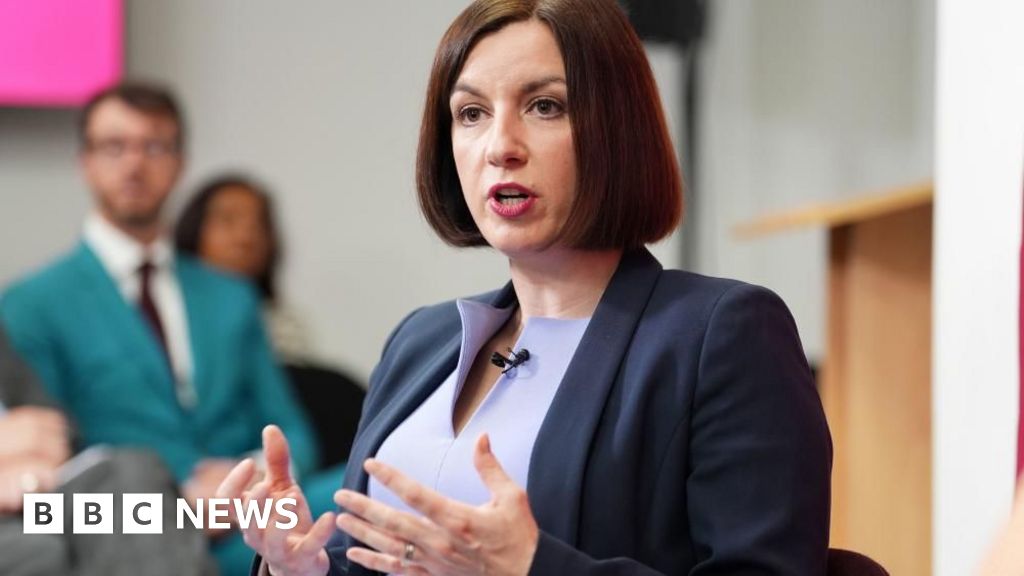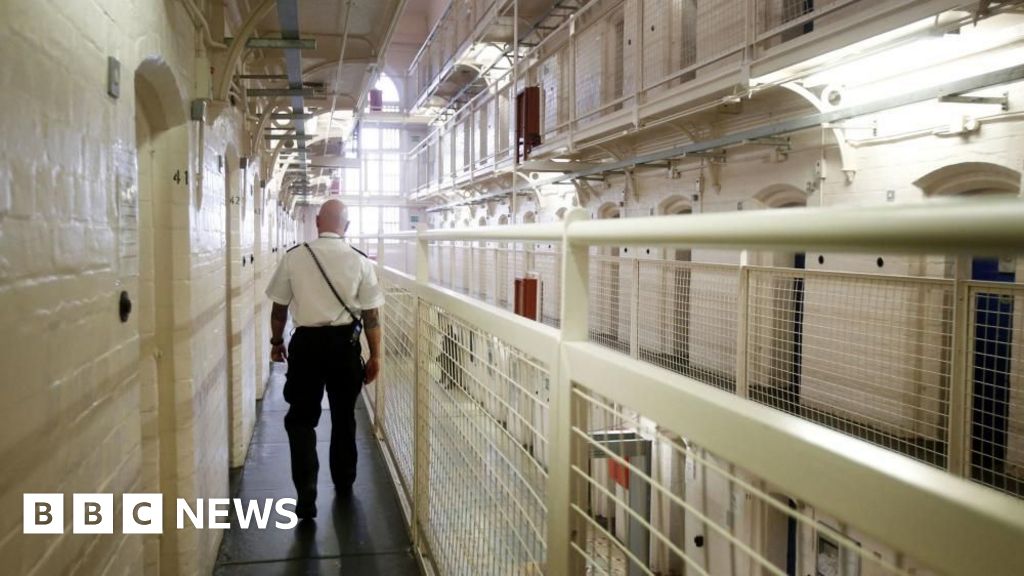ARTICLE AD BOX

 BBC
BBC
There has been an outcry from many farmers following the changes to inheritance tax for farms announced in the Budget.
From April 2026, inherited agricultural assets worth more than £1m, which were previously exempt, will have to pay inheritance tax at 20% - half the usual rate.
We've seen a range of claims about how many farms will be affected.
The largest estimate - 70,000 - relates to the total number that could ever be affected. But the number of farms likely to be impacted each year is likely to be around 500.
Will 70,000 farms be affected?
Liberal Democrat leader Sir Ed Davey said the government needed to "listen to rural communities" and reverse the change, claiming it would impact around 70,000 farms.
That figure comes from the Country Land and Business Association. Its president, Victoria Vyvyan said: "We estimate that capping agricultural property relief at £1m could harm 70,000 UK farms, damaging family businesses and destabilising food security."
That's not a figure for the number of estates that will have to pay inheritance tax each year, it's an estimate of the total number of farms worth enough to pay.
There are a couple of ways to get to that.
Yiorgos Gadanakis, associate professor of agricultural business management at University of Reading, Whiteknights pointed to various sources including Defra's Farm Business Survey, which suggest that between about 30 and 35% of farms in the UK could be valued at over £1m.
As there are about 209,000 farm holdings in the UK, that gives an estimate of between 62,700 and 73,150.
An alternative way is to look at the number of farms that are bigger than about 200 hectares, because at average land prices that would be enough to mean inheritance tax was due. That figure comes out at about 70,000.
Sally Shortall, professor of rural economy at Newcastle University, points out they will not be evenly distributed across the country because of differing land values. "Farms in England are likely to be the hardest hit," she said.
But of course a farm will only be affected once it is inherited, so 70,000 is not necessarily the right number to use.
Is it 500 farms a year?
Paul Johnson, the director of the Institute for Fiscal Studies (IFS), an independent economy think-tank, told Sky News: "The changes will affect a remarkably small number of some of the most valuable farms."
He added: "[Farms are] still more generously treated, actually, than farms used to be in decades past."
The Treasury estimates that 500 farms will be affected by the agricultural property relief reform.
Dan Neidle, an independent tax expert, says the real number of farms likely to be affected could be below 500 per year.
There were a total of 462 inherited farms valued above £1m in 2021-22, according to HM Revenue and Customs (HMRC):
- 345 valued between £1m and £2.5m
- 80 at £2.5m to £5m
- 37 above £5m
Under the new rules, those 462 farms would be affected by the 20% inheritance tax on any value above £1m (not on the whole value).
However, as Mr Neidle points out, like for the rest of the population, there is no inheritance tax to be paid on the value of property up to £325,000, bringing the untaxed total to £1.325m.
If a farmer is married, his or her spouse would be able to pass on another £1.325m tax free, taking the total untaxed amount to £2.65m.
Steve Reed, the secretary of state for the environment, food and rural affairs, confirmed the "vast majority" of farmers will not be affected by changes. Writing in the Telegraph, he said "only the richest estates will be asked to pay".
How much could be raised?
The chief secretary to the Treasury, Darren Jones, has said that the inheritance tax exemptions currently cost "about £1bn a year for taxpayers".
Now the Treasury expects that the changes to inheritance tax , as well as changes to Business Tax Relief, will raise £230m in 2026-27, the first year of their introduction. This rises to £520m by the end of the forecast in 2029-30.
But the independent Office for Budget Responsibility (OBR) warns that there is high uncertainty around these figures.
Is the tax affordable?
Sam Kirkham, who specialises in agriculture at Albert Goodman accountants, says "people look at the value of farms and think the farmers must be wealthy".
But she says if the farm passes down to the next generation to continue to produce food, they never get to realise that capital.
And she adds farm profits are insufficient to meet the additional cost of inheritance tax.
Government figures suggest that the average return on capital for farms (which is the percentage return that they are making from things like land and machinery) is only about 0.5%, which is very low.



 5 months ago
20
5 months ago
20








 English (US) ·
English (US) ·